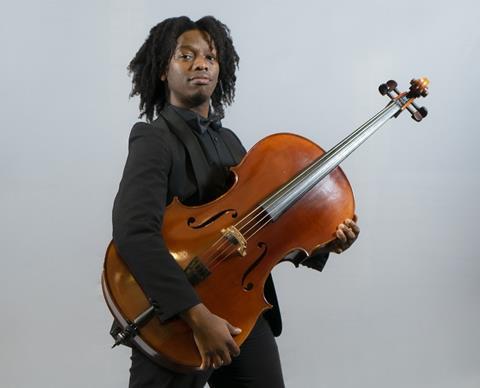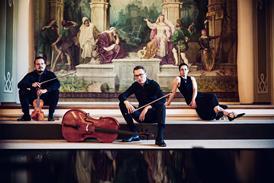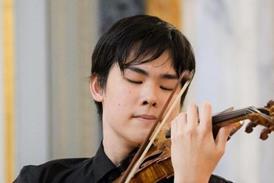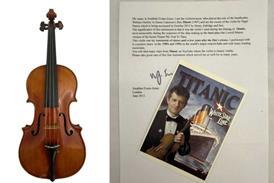’It’s been a great environment for me,’ says the cellist.

I chose the University of Cape Town mostly for two reasons: the teacher, Graham du Plessis, whom I met through playing a concert together, and because I was curious about studying at a different institution in the Western Cape. I think it’s great to get multiple viewpoints and sources of feedback – one progresses quicker that way.
It’s not a super academic course. You choose a topic to research and write a dissertation on, but I’d say that’s 20 per cent of it, and the other 80 per cent is performance, which includes a solo recital, chamber music recital and concerto exam. I did my dissertation on the Prelude of Bach’s Sixth Cello Suite, comparing interpretations, editions and performances with modern and Baroque instruments. It was enlightening!
My day would typically consist of practising, sometimes a lesson or chamber rehearsal, and I’d often sit outside and listen to music during lunch to enjoy the sun. Then I’d do more practice, although if it was a really busy day I’d usually practise in the evening too. I really enjoyed how performance-intensive it was. I feel I came into a different level with my playing. A highlight for me was the concerto festival. I played Dvořák, which was really nice.
The scenery and nature are so beautiful in Cape Town, and the city offers so much! But sometimes doing nice things also requires having money, and as a student you don’t always have that. I’m not the most social person but I’ve become more spontaneous since coming to the school.
The music department is very open and inclusive. There’s opera, jazz, classical and African music, and everyone often watches their fellow students’ concerts. There’s a real spirit of camaraderie and respect for what others do. And sometimes collaborations between genres too, which is really cool!
I’ve learnt a lot in terms of coping with the pace of the performing and freelancing life, both from UCT and private projects on the side. It’s been a great environment for me!
Subscribers to The Strad receive the 2024 Degrees supplement free with their copy of the May 2024 issue
Read: 2023 UCT Strings Competition announces winners
Read: Postcard from South Africa - ‘What It Takes: Double Bass’
The number one source for playing and teaching books, guides, CDs, calendars and back issues of the magazine.
In The Best of Technique you’ll discover the top playing tips of the world’s leading string players and teachers. It’s packed full of exercises for students, plus examples from the standard repertoire to show you how to integrate the technique into your playing.
The Strad’s Masterclass series brings together the finest string players with some of the greatest string works ever written. Always one of our most popular sections, Masterclass has been an invaluable aid to aspiring soloists, chamber musicians and string teachers since the 1990s.
American collector David L. Fulton amassed one of the 20th century’s finest collections of stringed instruments. This year’s calendar pays tribute to some of these priceless treasures, including Yehudi Menuhin’s celebrated ‘Lord Wilton’ Guarneri, the Carlo Bergonzi once played by Fritz Kreisler, and four instruments by Antonio Stradivari.






































No comments yet